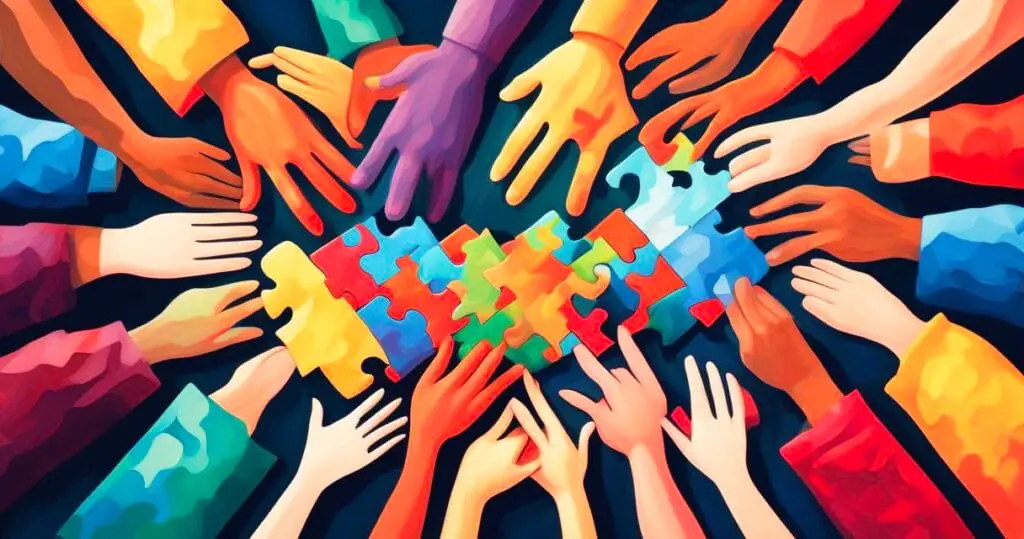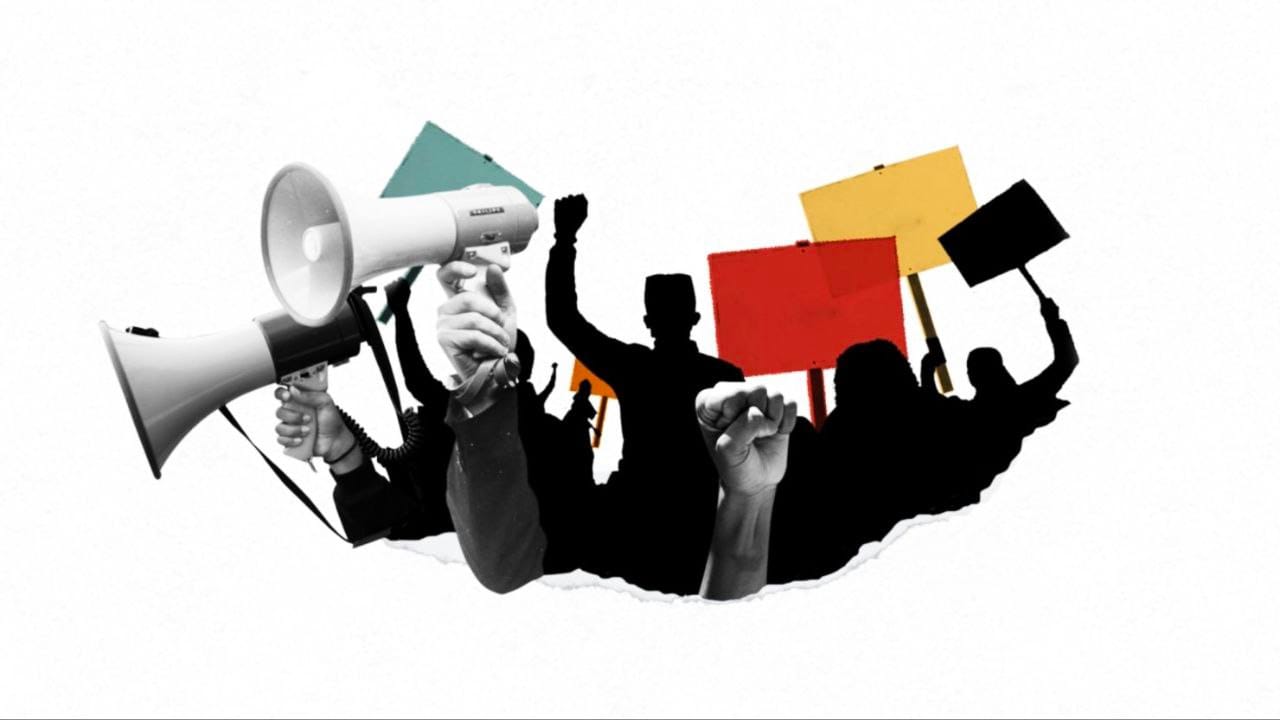Political Culture: Meaning
Political culture refers to the collection of attitudes, beliefs, values, and norms that define the relationship between citizens and the political system in a society. It encompasses the expectations people have regarding how politics operates and how they should engage in the political process. Political culture shapes people’s perception of authority, power, democracy, justice, and their role in governance. It provides a framework within which political actions and decisions are interpreted and influences how citizens interact with their government.

Objects of Political Culture
The objects of political culture can be broken down into three main categories:
- System Culture:
- Refers to how citizens view the political system as a whole. It includes the level of trust in institutions, acceptance of the regime, and the overall support or opposition toward the political structure (e.g., monarchy, democracy, dictatorship).
- Citizens in societies with high system legitimacy will respect laws, norms, and government authority.
- Process Culture:
- Concerns people’s attitudes toward the political process itself, including participation in elections, political activism, protests, and public debate.
- It includes views on how politics should work, whether people believe in fair elections, rule of law, and accountability of politicians.
- Policy Culture:
- Refers to opinions on the outputs or results of the political process, such as public policies, government actions, social welfare programs, and economic management.
- This relates to whether people feel that their government is producing effective policies, delivering public goods, and ensuring national security or equality.

Factors Influencing Political Culture
Several factors contribute to shaping and defining political culture in any society. These factors include:
- Historical Factors:
- The political history of a country significantly influences its political culture. Colonial experiences, revolutions, wars, and past political systems can leave lasting impacts on people’s political values and attitudes.
- Socialization:
- Political socialization refers to the process by which individuals acquire their political beliefs and values, often through family, education, media, religion, and social interactions.
- How people are raised and educated about politics, governance, and civic responsibilities can play a large role in shaping political culture.
- Economic Development:
- Economic conditions, such as poverty, inequality, and wealth distribution, can influence political culture. Societies with widespread poverty may develop cultures of dependency, disillusionment, or demands for greater redistribution, while wealthier societies may favor political stability and incremental reform.
- Religion and Ideology:
- Religious beliefs and ideologies (e.g., socialism, conservatism, liberalism) shape people’s views about the role of government, the rights of individuals, and the legitimacy of authority. In some societies, religion is deeply embedded in political culture and affects governance and law-making.
- Education and Information:
- The level of education and access to information in a society significantly shapes political culture. Higher levels of education tend to encourage political awareness, critical thinking, and active participation in the political process.
- Geographical and Demographic Factors:
- Regional differences, population diversity, and geographic location can affect political culture. For instance, rural areas may have different political values and expectations compared to urban areas. Ethnic diversity can also influence how political power is distributed and how groups engage with the system.
- Political Institutions:
- The structure of political institutions, including the type of government (e.g., federal vs. unitary) and legal systems, affects political culture. Systems that encourage citizen engagement and accountability may foster a culture of participation and trust.
Conclusion
Political culture is a crucial concept in understanding how societies operate politically and how citizens relate to their governments. It is shaped by historical, social, economic, and ideological factors, and it can greatly influence the stability and functionality of political systems. Understanding political culture helps in explaining political behavior, institutional performance, and the prospects for democratic development or authoritarian persistence in different countries.


👍